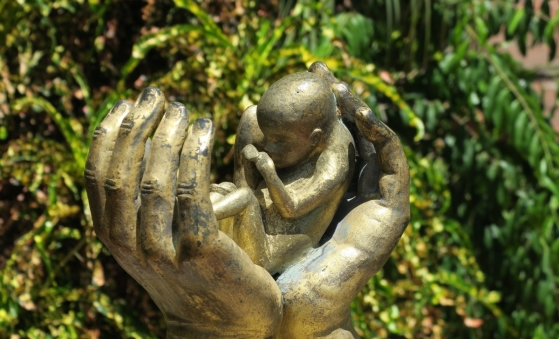
Authorities in Gujarat have dismantled an illegal abortion network operating in Bavla, a town near Ahmedabad, shedding light on the persistent issue of female foeticide in India.
The operation came to light when the Special Operations Group (SOG) of the Ahmedabad rural police, acting on specific intelligence, raided a guesthouse in Bavla. There, they arrested 40-year-old Hemlata Darji, a former nurse accused of performing unauthorised abortions without valid medical qualifications.
According to police reports, Darji collaborated with local hospitals and ultrasound centres to identify the sex of unborn children, targeting female foetuses for termination. Clients were charged between ₹10,000 and ₹50,000, depending on their financial means. The procedures were carried out in non-clinical settings, including private homes and guesthouses, posing significant health risks to the women involved.
Further investigations led to the arrest of 58-year-old radiologist Harshad Acharya from Odhav, Ahmedabad. Acharya, who operated Ashirwad Imaging Centre with his wife, is accused of illegally determining the sex of foetuses and using coded language to convey the results to clients. He allegedly worked closely with Darji, paying her to perform the abortions.
Police have confirmed at least five cases of female foeticide within an eight-month period and suspect more may have occurred. The investigation is ongoing, with efforts to identify additional individuals involved in the network and to examine financial transactions related to the illegal activities.
Dr Pascoal Carvalho, a physician and former member of the Pontifical Academy for Life, commented on the situation, stating, "Sex-selective abortion is a grave social and moral evil. It transcends all castes, classes, and communities, and is not uncommon even among the wealthy and educated in India."
The Indian government has enacted laws such as the Pre-Conception and Pre-Natal Diagnostic Techniques (PCPNDT) Act and the Medical Termination of Pregnancy Act to combat female foeticide. However, enforcement remains a challenge, and cases like this highlight the need for continued vigilance and action to protect the rights and lives of unborn girls.
Adapted from AsiaNews.it.




